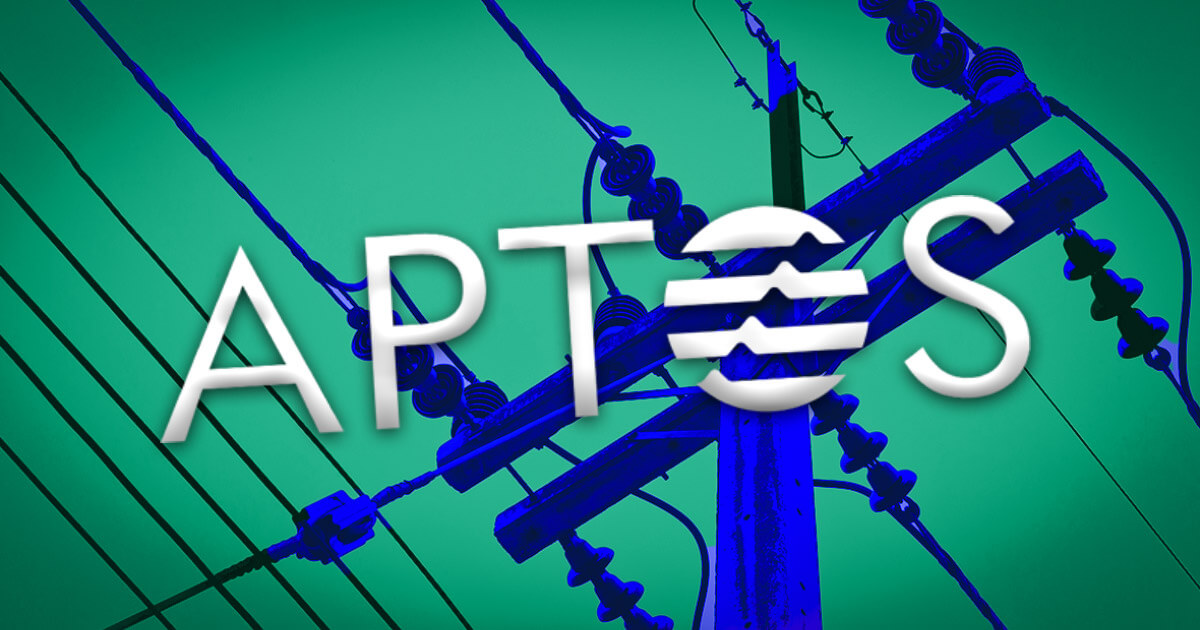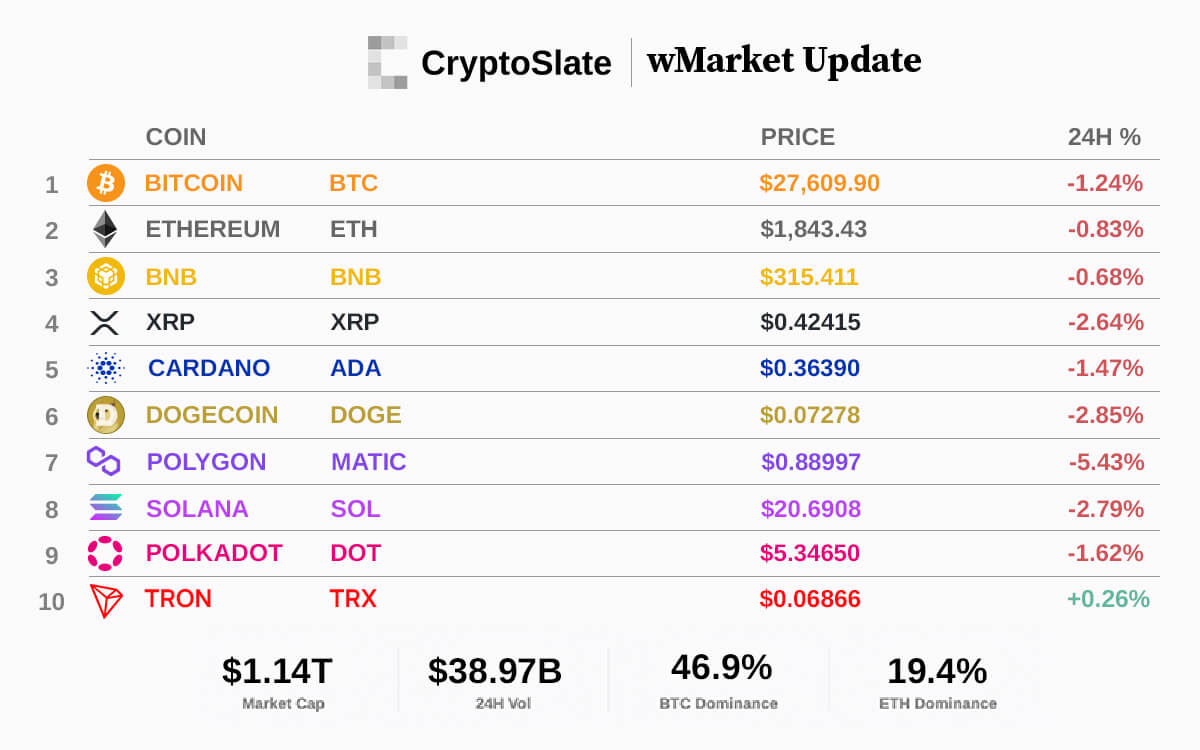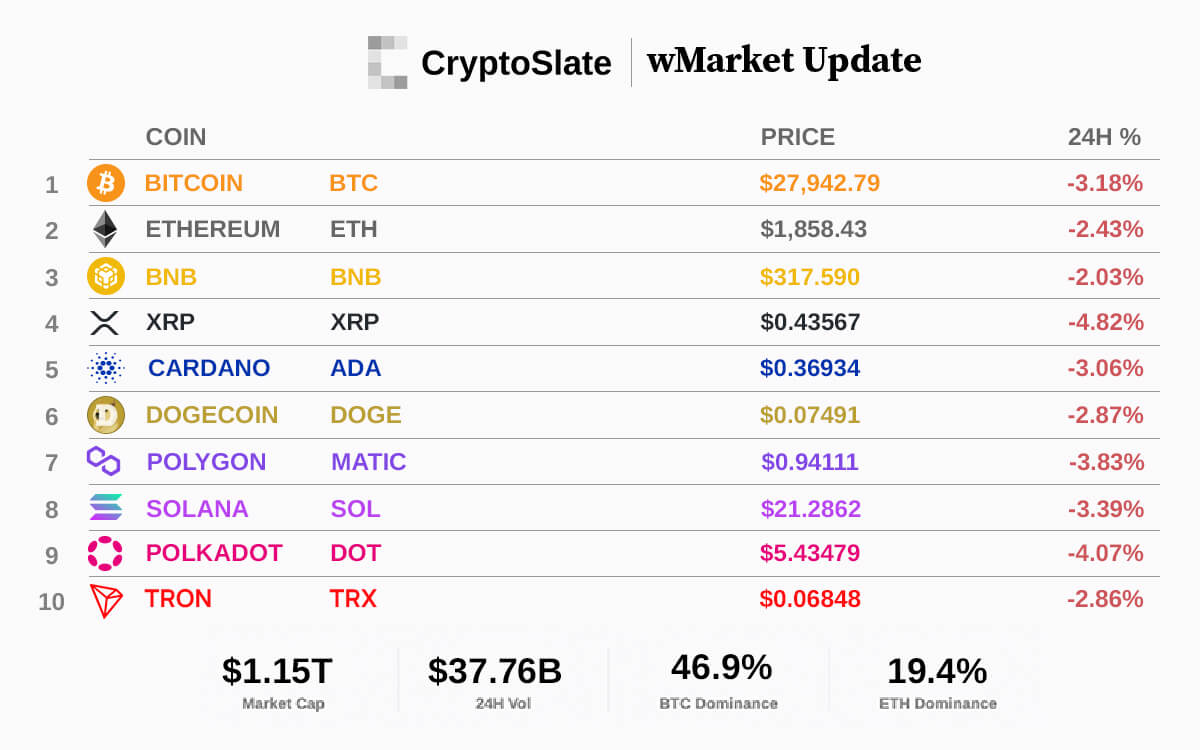
2023-5-15 15:19 |
The second-largest cryptocurrency platform in the world, the Ethereum network, experienced two failures in the span of just 24 hours, severely disrupting its users. The platform’s stability was scrutinised after the first outage on May 12, when the network failed to complete transactions for 25 minutes. The second outage, which happened the next day, lasted for roughly 45 minutes and caused a sizable lag in transaction processing.
Apparently, a flaw in the Ethereum blockchain stopped nodes from executing transactions, which led to the first downtime. Due to the network’s decentralized architecture, which allowed nodes to continue running independently of one another, the network was able to escape a full-blown outage.
The second outage was caused by a problem with the Ethereum software’s transaction finality mechanism. In response to these outages, the Ethereum development team quickly released a patch to fix the transaction finality issue. Ethereum developer Superphiz stated on Twitter:
“No transactions were halted. The network continued as expected. While the chain did not halt, this is more technical, finalization wasn’t reached. Finalization is a novel concept in Ethereum that prevents chain re-orgs. This had zero impact on chain activity.”
Although the root cause is still unknown, Superphiz stated that a lack of diverse clientele may have contributed to the problem. In addition, he claimed that because no client had a supermajority, the blockchain avoided forking.
The recent outages highlight decentralized networks like Ethereum face challenges in maintaining stability and reliability. While the decentralized architecture of the network makes it more resistant to attacks and censorship, it also makes it more vulnerable to bugs and other technical issues.
Despite these challenges, Ethereum remains a key player in the cryptocurrency ecosystem, with a market capitalization of over $220 billion and a wide range of applications, including decentralized finance (DeFi), non-fungible tokens (NFTs), and more.
Looking ahead, the Ethereum development team is working on several upgrades to the platform, including cheaper transactions, extra security, better user experience and future-proofing.
In conclusion, the recent outages on the Ethereum network serve as a reminder of the importance of maintaining a robust and reliable infrastructure for decentralized systems. While the Ethereum development team has taken steps to address these issues, it will be crucial for the network to continue evolving and adapting to meet the needs of its users and the wider cryptocurrency community.
origin »Bitcoin price in Telegram @btc_price_every_hour
Santiment Network Token (SAN) на Currencies.ru
|
|



















